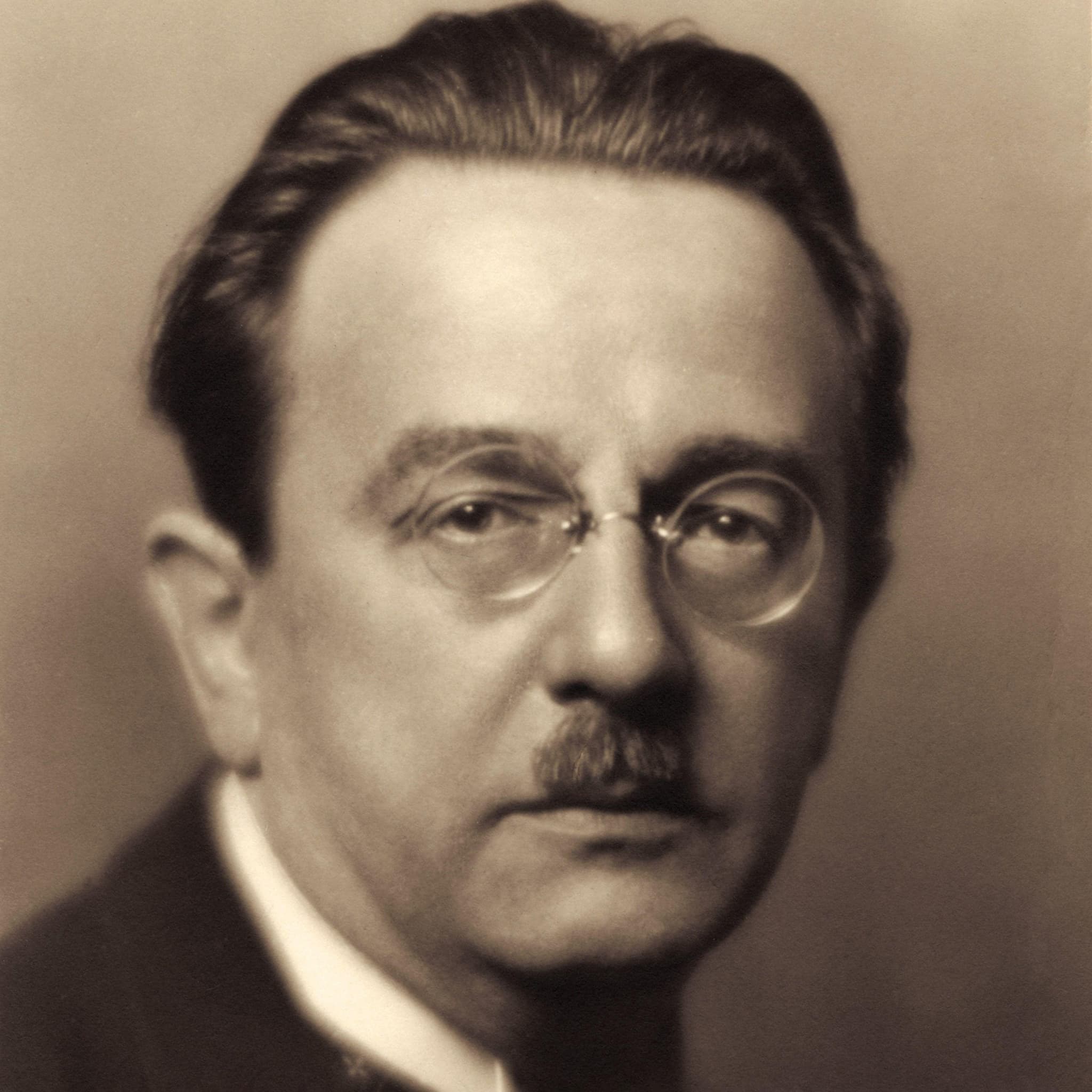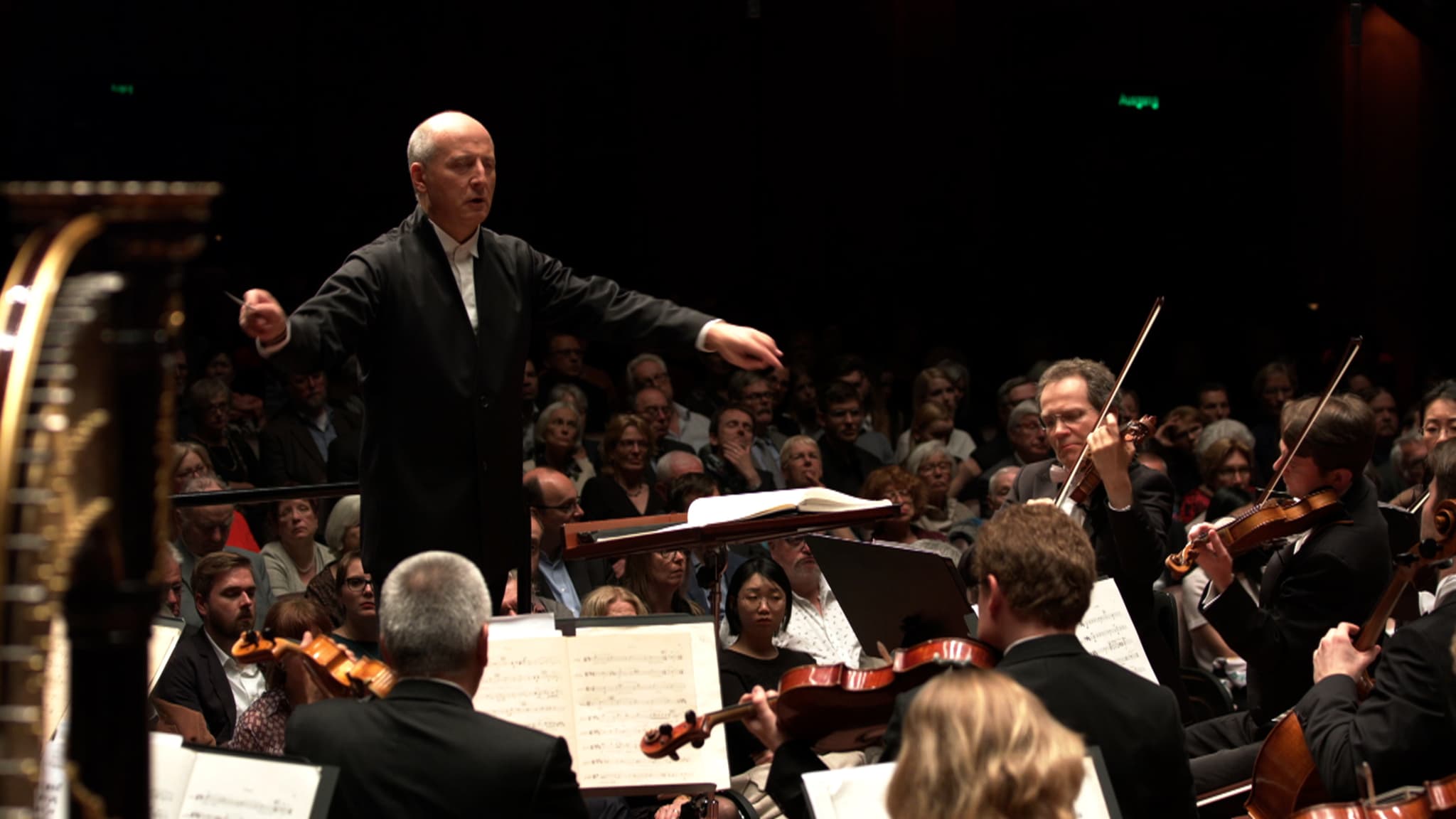Franz Schmidt: A Composer of the Austro-Hungarian Tradition
Franz Schmidt was a renowned Austrian composer, cellist, and pianist, born on December 22, 1874, in Preßburg (now Bratislava, Slovakia) to a family of mixed German and Hungarian origin. His primary training was in piano and cello, though he also had organ lessons in Pressburg. He was a composition pupil of Anton Bruckner, and later joined the Vienna Court Opera as a cellist. This position allowed him to interact with influential figures like Mahler and Schoenberg, though his compositional style diverged from theirs.
Schmidt's Musical Career and Notable Works
Schmidt's musical career was marked by significant works in large forms, including four symphonies, two operas, and several chamber pieces. His opera Notre Dame, composed between 1904-1906 and premiered in Vienna in 1914, had a profound impact. His symphonies, especially the Fourth Symphony (1934), gained recognition for their emotional depth. The Fourth Symphony is notable as Schmidt described it as "a requiem for my daughter," reflecting the personal tragedy he faced. Additionally, his oratorio The Book With Seven Seals (1938) is considered a crowning achievement, showcasing his ability to craft apocalyptic and powerful music.
After World War I, Schmidt focused on teaching at the Vienna Conservatory, where he composed chamber music and works for the one-handed pianist Paul Wittgenstein. His compositions, though initially appreciated mainly by Austrian audiences, have been brought to the international stage by conductors like Lorin Maazel, Paavo Järvi, Semyon Bychkov, and Kirill Petrenko.
Schmidt's Influence and Legacy
Schmidt's distinct place in the Austro-Hungarian romantic tradition and his significant contributions to the world of music have been recognized by audiences and critics alike. His compositions, such as "Franz Schmidt compositions", "Austro-Hungarian romantic tradition", "Notre Dame Opera by Franz Schmidt", have become relevant keywords that improve the visibility of his works in search engine results.












